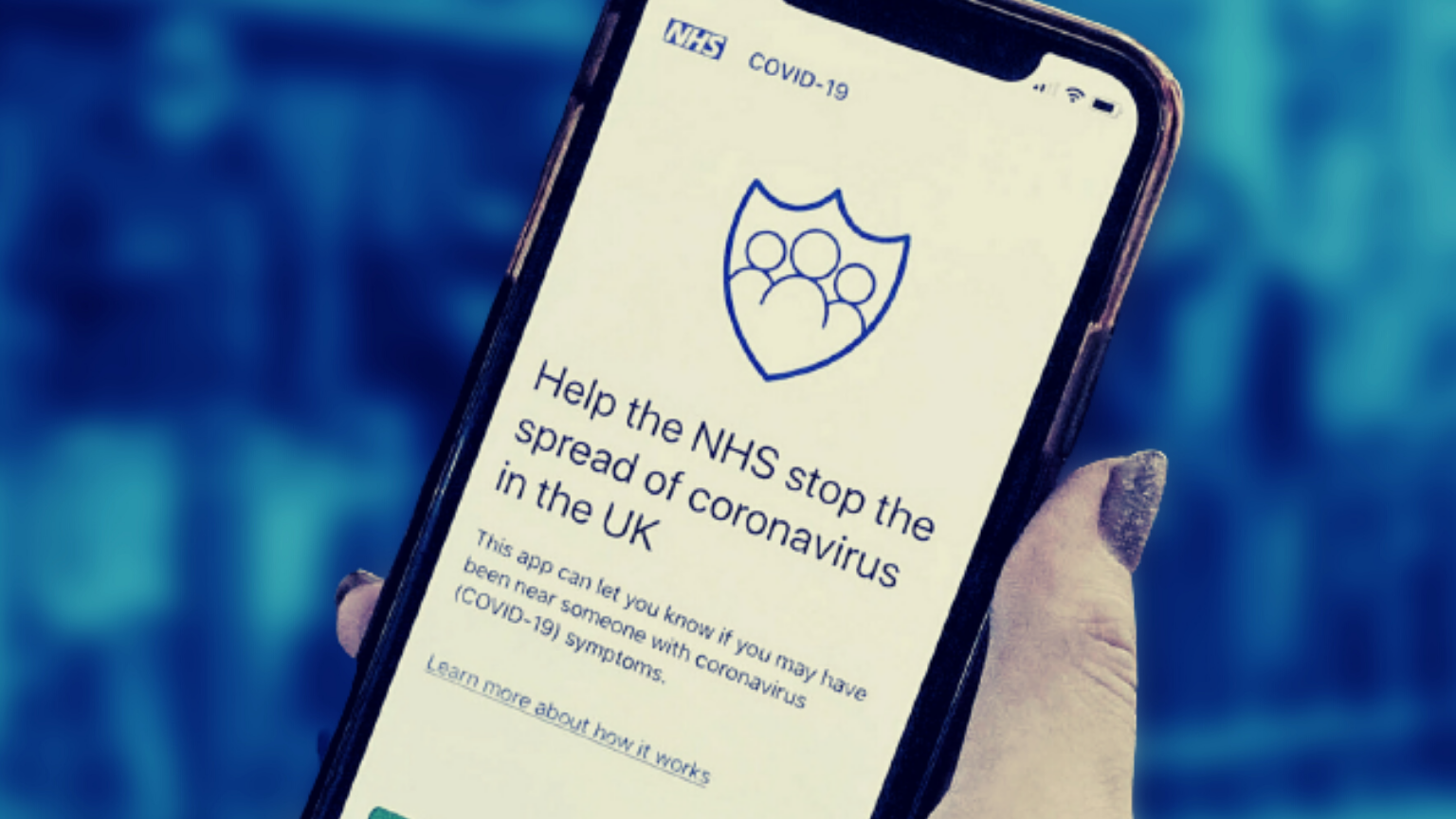Serco, a company contracted by the UK’s government to hire and train Covid contact tracing staff, has been accused by a former employee of unfair dismissal. She claims that this happened after Serco found out that she was the whistleblower who revealed a data breach as a matter of public interest disclosure.
British media said in May that “at least one” member of Serco staff reported the breach – that involved leaking email addresses of some 300 contact tracers – to the Information Commissioner’s Office (ICO).
It would appear that the staffer was the woman, identified in legal documents as Miss S. Messi, who turned to Bristol Employment Tribunal in March in a bid to prevent Serco from sacking her pending the outcome of the case.
Also in May, just as media reports said that Serco was apologizing for the breach, the tribunal’s judge ruled to partially dismiss the lawsuit on a technicality – finding that Serco was not her direct employer. And while the case continues on other points – Messi alleged that she was discriminated against based on race, sex, and disability status, as well as that the firing was an act of retaliation for contacting the ICO – the demand to continue a contract of employment order has been thrown out.
Messi’s direct employer was Jackpotcomics Ltd., and the judge, Paul Cadney, wrote that the conventional agency worker agreement meant that there was no direct contractual relationship.
Serco accused Messi of making secret recordings of conversations of its manager and of unauthorized communication with “a range” of the company’s global employees.
Serco was one of those the UK government outsourced to hire 21,000 contact tracers, under a scheme spearheaded by the now former and disgraced Health Secretary Matt Hancock.
Some reports refer to Messi’s direct employer as a mini umbrella company (MuC). As many as 48,000 of these are said to have been set up during the pandemic, allegedly to exploit the situation and commit tax fraud.
The BBC and the Guardian wrote in May that MuCs hire a small number of people and get tax breaks intended for startups – and that given their number, the lost tax revenue goes into hundreds of millions.













